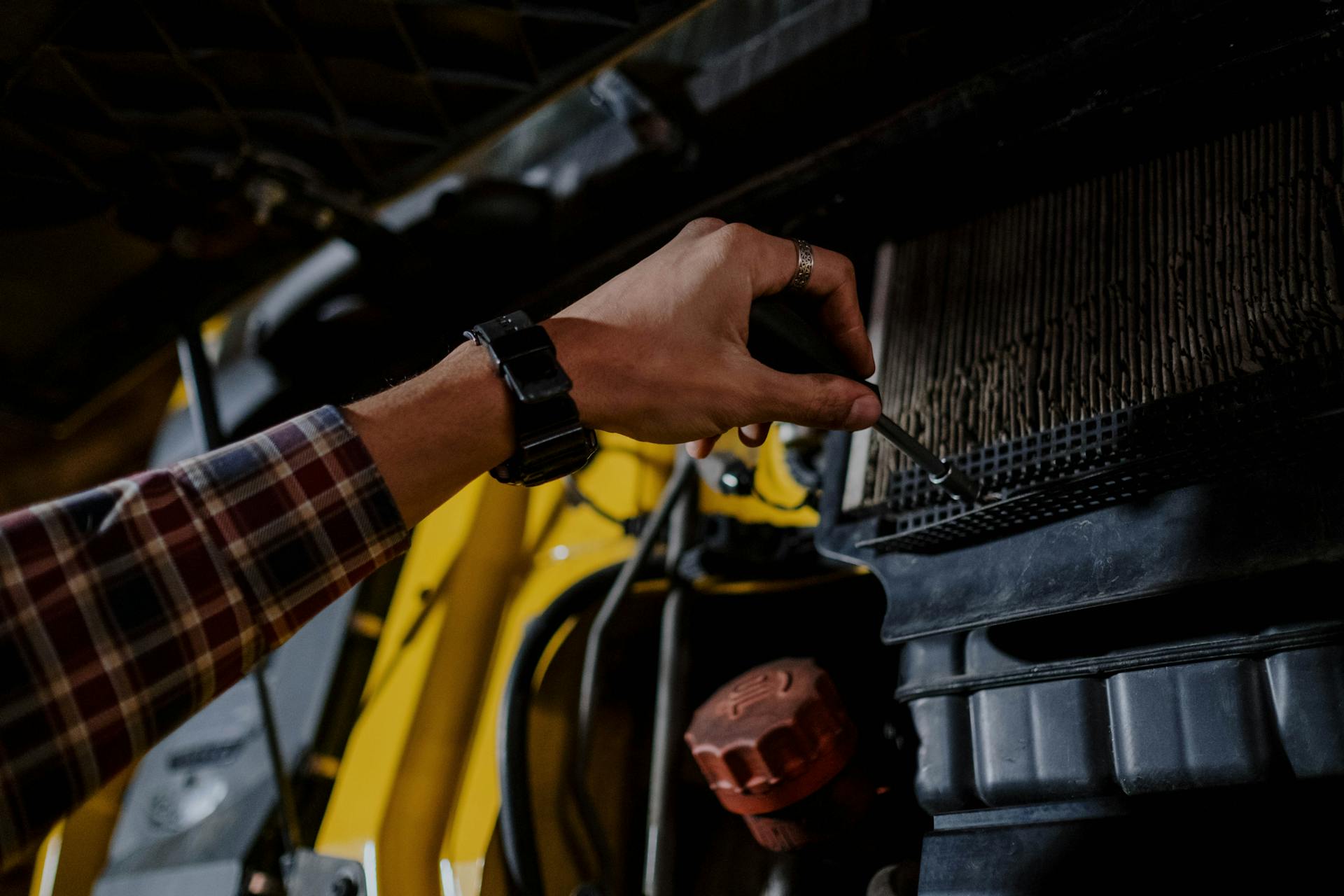Decoding Air Filters: Choosing the right ones for your car’s health and performance
Air filters are a crucial part of your car’s engine and play a crucial role in maintaining its health and performance. They prevent dust, dirt and other harmful particles from entering the engine, providing clean air for combustion. But there are different types of air filters available. How do you determine the right one for your particular car model?
Types of air filters:
| Paper air filters: | These are the most common and affordable types and offer good filtration for everyday driving conditions. They have a limited life and must be replaced regularly, typically every 19,000 to 24,000 km. |
| Foam air filters: | Foam filters are designed for off-road vehicles or dusty environments, provide excellent filtration and are washable and reusable. They require regular cleaning and oiling for optimal performance and may not be suitable for all car models. |
| Cotton air filters: | These filters offer a good balance of filtration efficiency and airflow and often last longer than paper filters. They are also reusable if cleaned properly. |
| Synthetic air filters: | Made of non-woven synthetic fibers, these filters provide excellent filtration and airflow. They are also waterproof and reusable. |
Determining the right air filter for your car: your car’s manual will tell you what type and size air filter is recommended for your model. Consider your driving habits: if you often drive in dusty or off-road conditions, a foam or synthetic filter may be more appropriate. If you regularly drive around town, a paper or cotton filter may suffice.
Original equipment manufacturer (OEM) filters are designed specifically for your car, while aftermarket filters offer a wider choice and possibly better performance.
Consider the cost, lifespan and filtration efficiency of different filters before making a decision. Research online reviews and seek advice from mechanics or other car enthusiasts to gain insight into different makes and models or check out autodoc.co.uk‘s source of air filter information.
Your car’s air filter plays a crucial role in keeping the engine healthy and maintaining performance by preventing dirt, dust and debris from entering the engine. Over time, the filter can become clogged and dirty, leading to reduced airflow and possible engine problems. Knowing when to change your air filter and understanding the symptoms of contamination will help keep your car running smoothly and prevent repairs.
Symptoms of a dirty air filter:
- Reduced fuel efficiency: a clogged air filter restricts airflow to the engine, forcing it to work harder and consume more fuel. If you notice your car getting fewer miles, a dirty air filter could be the culprit.
- Reduced engine power: insufficient airflow can also lead to a loss of engine power, especially during acceleration or climbing hills.
- Rough idling or stalling: a dirty air filter can interfere with the air-fuel mixture, leading to rough idling, stalling or even stalling.
- Black smoke or flames from the exhaust: in severe cases, a severely clogged air filter can cause black smoke or flames from the exhaust pipe, indicating incomplete combustion.
- Unusual engine noise: a whistling or sucking sound from the engine compartment may indicate a clogged air filter.
- Check engine light: in modern cars, a dirty air filter can activate the check engine light.
When should you replace your air filter?
- Manufacturer’s recommendations: the most reliable way to determine when to replace your type of air filter as listed on the autodoc.co.uk site is to follow the manufacturer’s recommended replacement interval, usually found in your car’s manual. Usually this interval is between 19,000 and 24,000 kilometers, but it can vary depending on your driving conditions and the type of air filter used.
- Visual inspection: if you notice any of the above symptoms or if the filter looks dirty or clogged during a visual inspection, it’s time to replace it.
Replacing your car’s air filter regularly is a simple and cost-effective way to ensure optimal engine performance, improve fuel efficiency and prevent potential engine problems. By being aware of the symptoms of pollution and following the manufacturer’s recommendations, you can keep your car running smoothly and save money in the long run.

